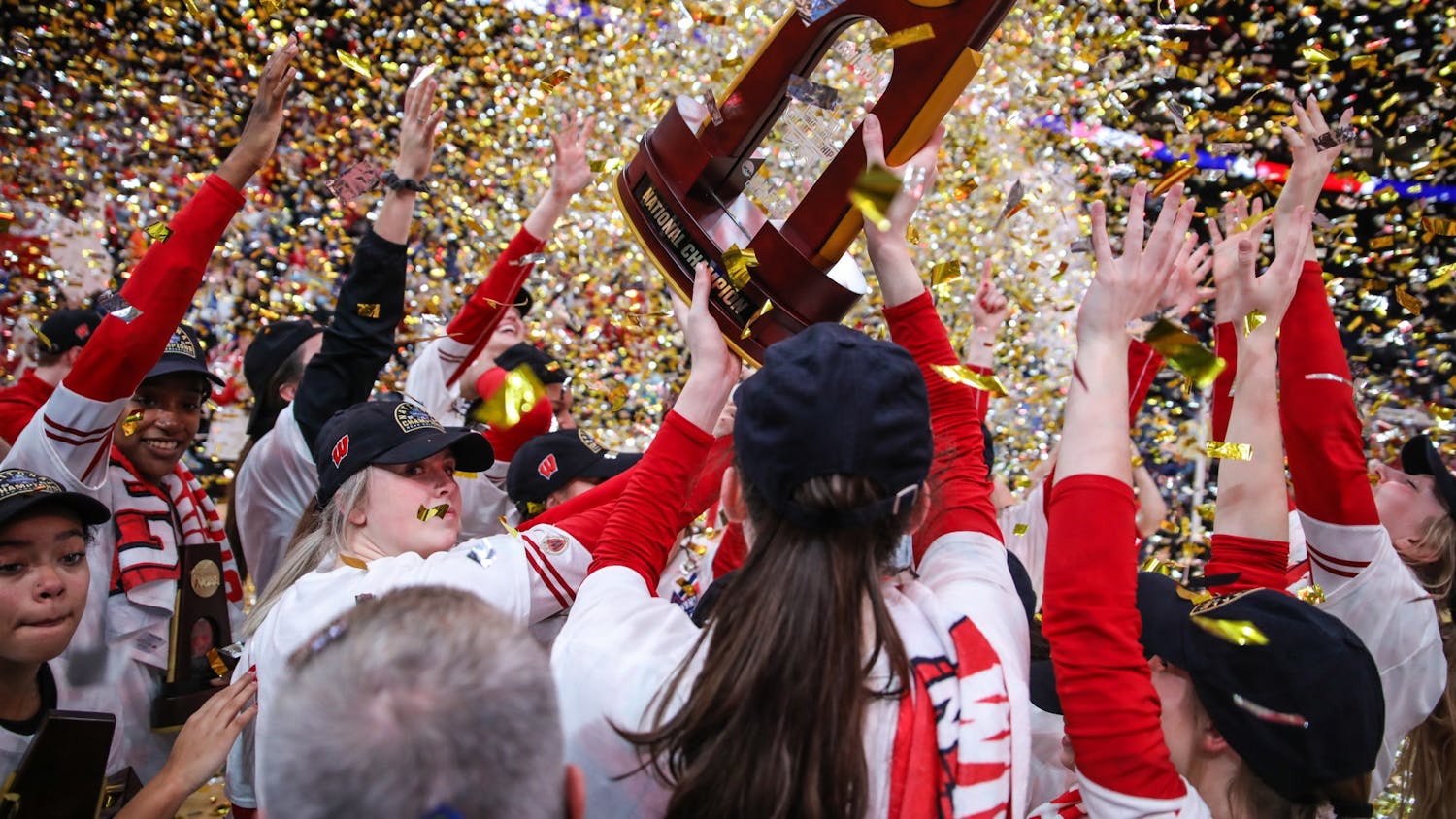Let me make a case for the most interesting man in sports.
He is 23 years old. He was one of Time’s 100 most influential people. He and his friends almost set his house on fire with fireworks. In August, he was the second non-U.S. professional soccer player ever to appear on the cover of Sports Illustrated. But contrary to how he looks on the cover, he does not actually walk on water.
Mario Balotelli is an Italian soccer player for the club AC Milan and Italy’s national team. He was raised by his Italian foster parents in Brescia, but his birth parents are Ghanaian.
Balotelli is an icon, but a polarizing one at that.
His flare is exhilarating and he is a brilliant talent. His ability, that can potentially lead him to become one of the world’s best players, is a thrill for all fans. He scored the only two goals for underdog Italy to beat powerhouse Germany in the European Championship semifinals. Spectators remember the iconic image of Balotelli scoring his second goal, ripping his shirt off (and willingly taking the yellow card punishment for it), flexing, and grimacing as if to illuminate his ascendancy into soccer elite.
However, most will only know him for the bad. The only thing nearly as obvious as his talent, is his unpredictability.
Balotelli came back into the news this weekend after missing his first ever penalty kick, and then receiving a red card after the game had ended for arguing with the referee.
What will be forgotten from this game was his exceptional performance. It was in a losing effort, but it was difficult to find a Milan highlight without Balotelli in it.
Unfortunately his two and a half years playing for Manchester City will be remembered not by his championship-winning assist, but by his suspensions and arguments with teammates and coaches.
People remember the shirt he wore under his jersey that said, “Why always me?” They do not remember that the two goals he scored were very influential in Manchester City beating rivals Manchester United not only in convincing 6-1 fashion that day, but on goal difference for the championship.
So, why always him?
This question delves too deep into the complex inner-workings of today’s media and social phenomena for a 750-word limit.
Answering “why” is difficult, but understanding “always me” has its own significance.
Being who he is, Balotelli has incredible influence. And he is emblematic of what Grant Wahl in his Sports Illustrated story on Balotelli calls “New Europe”.
Bananas have been thrown at him, racist chants have been directed toward him, and an Italian newspaper illustrated Balotelli hanging on London’s Big Ben acting as King Kong, swatting away soccer balls.
Despite spending his entire life growing up in Italy, the color of his skin and ethnicity of his birth parents subject Balotelli to racism or acts of discrimination far too frequently.
Kevin-Prince Boateng, who plays for the Ghanaian national team and was a teammate of Balotelli’s last year, responded to racist chants during an exhibition match by walking himself and his teammates immediately off the field.
Soccer all around the world has been making great strides to reduce racism and any other foul discrimination from the game. However, a new rule punishes players with a red card for walking off the field due to racist chants.
The symbol of players refusing to endure racism and taking away what these “fans” came to see is an immensely powerful one in the fight against racism. The decision to punish players for this is abhorrent.
Balotelli’s immense influence in bridging the gap to “New Europe” can bring amazing progress in the form of tolerance and diversity to a place that still displays rampant racism. He represents another force in the fight to abolish intolerance. Moving forward, the weight his voice carries will help reach mass audiences.
In his interview with Wahl, Balotelli compares racism to smoking. His point is if people do not want to quit, they won’t. That is one of the many ugly truths surrounding racism.
However, as new generations of soccer fans grow up idolizing the youthful Balotelli, his stances against racism will be a part of his image. So regardless of whether people tune in to see pictures of his pet piglet, or highlights of an amazing goal, hopefully they will see him as equal.
Is Mario Balotelli as talented as everyone says he is? How will the rest of his career pan out? Do you see any progress being made to stop racism in professional sports? Send Jonah your questions at sports@dailycardinal.com.






